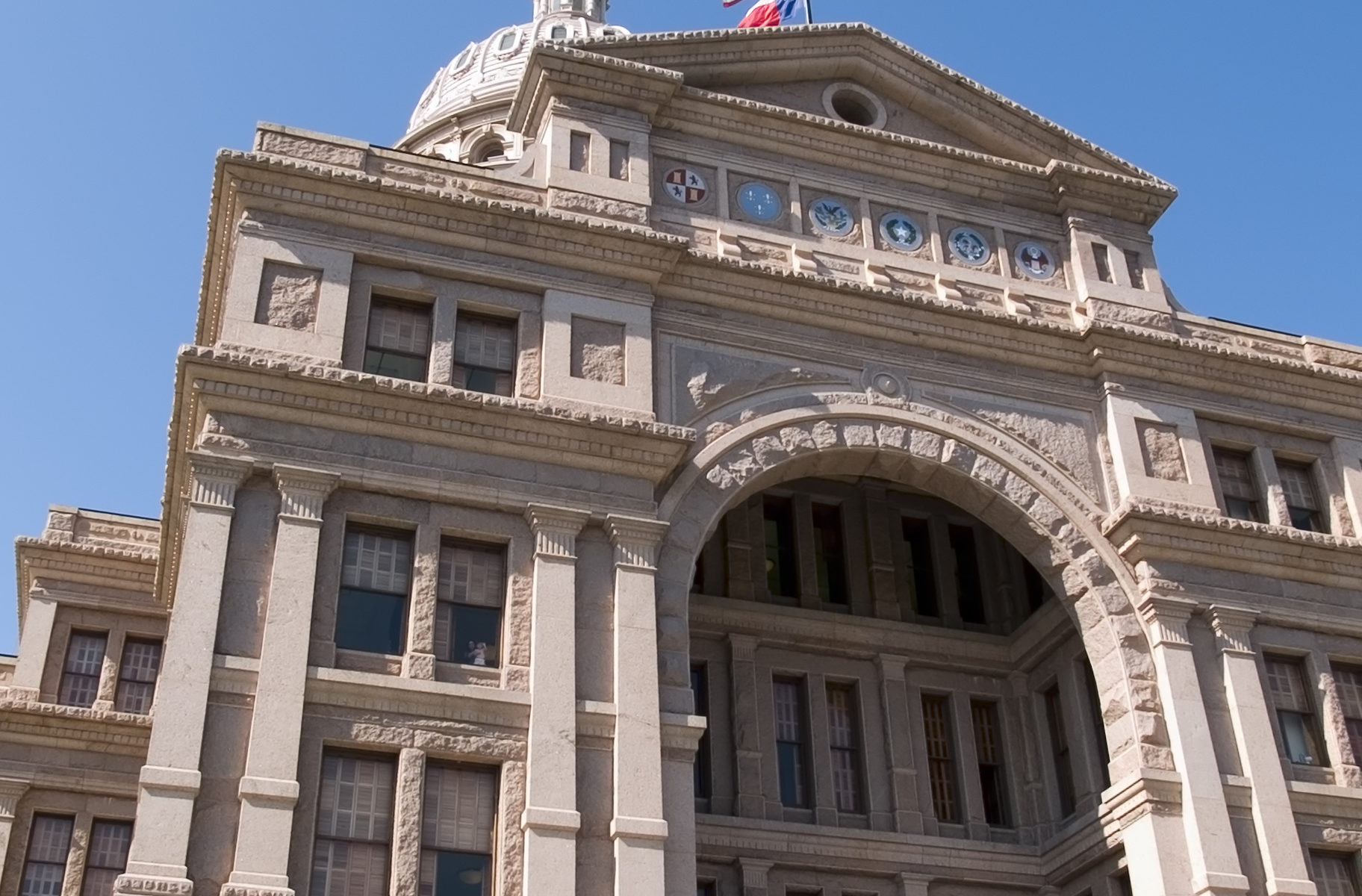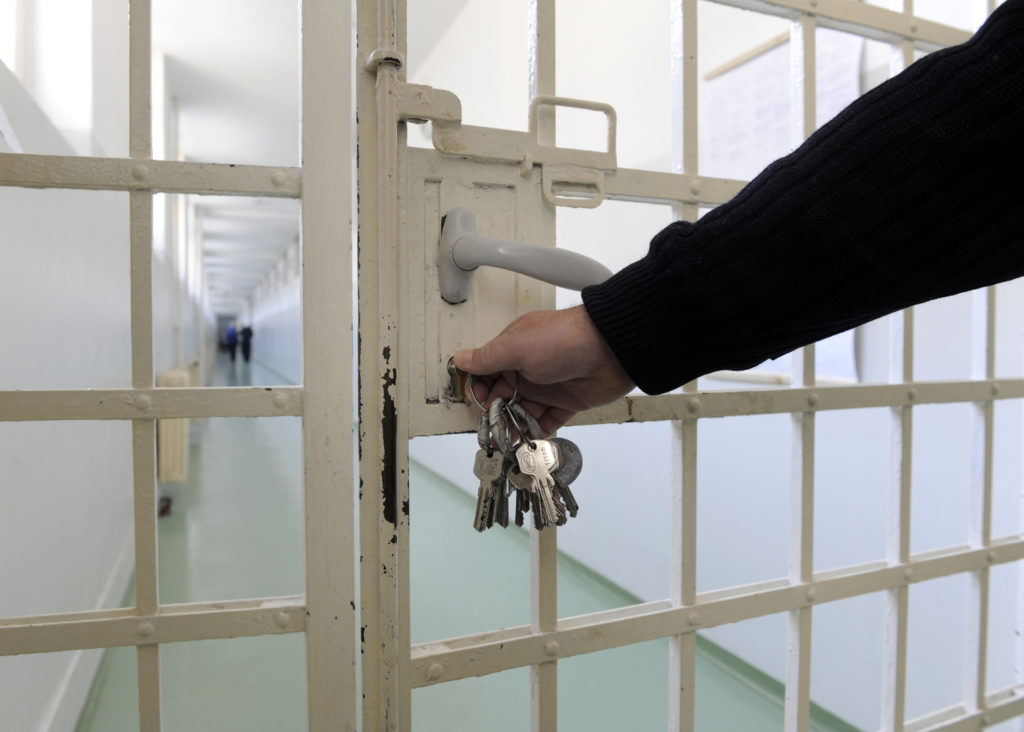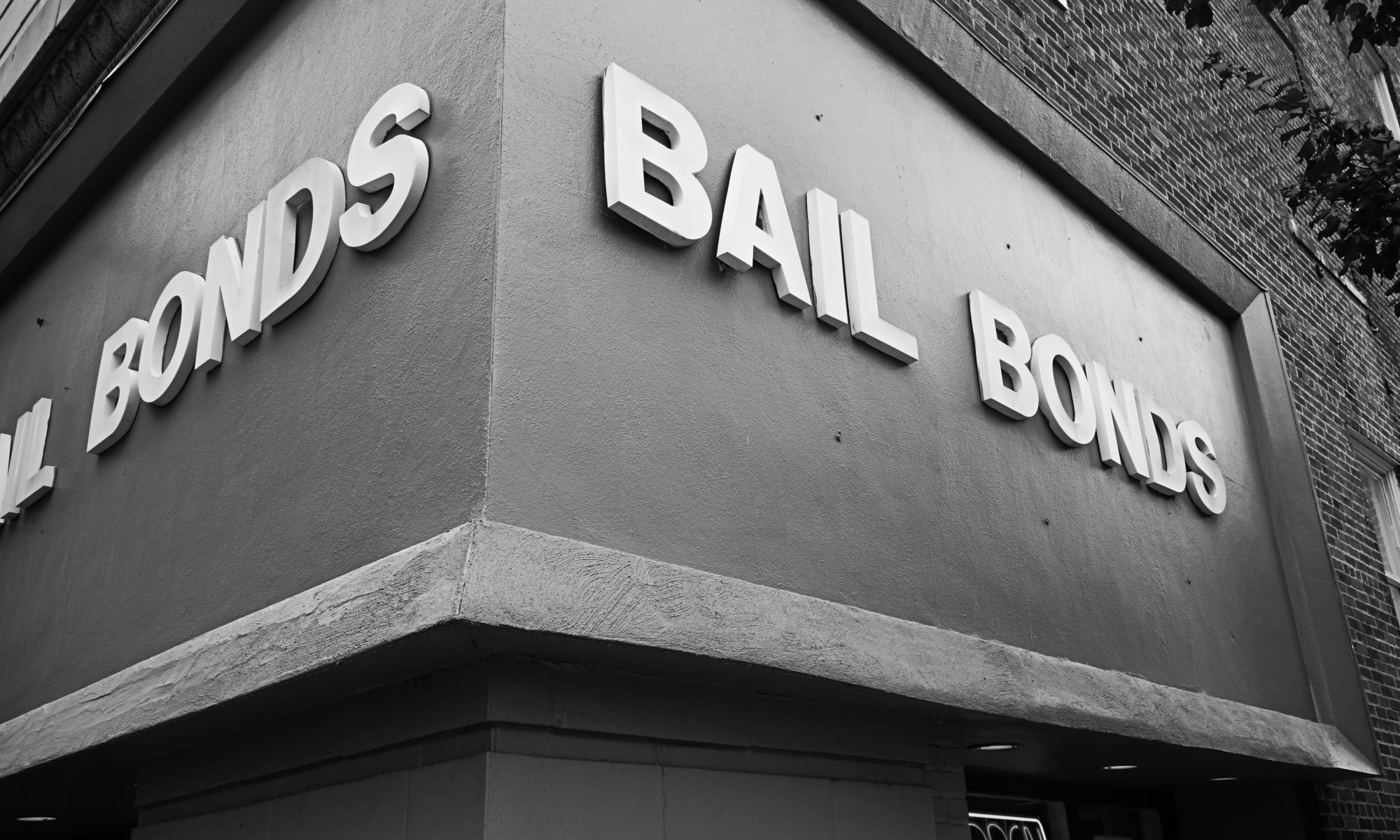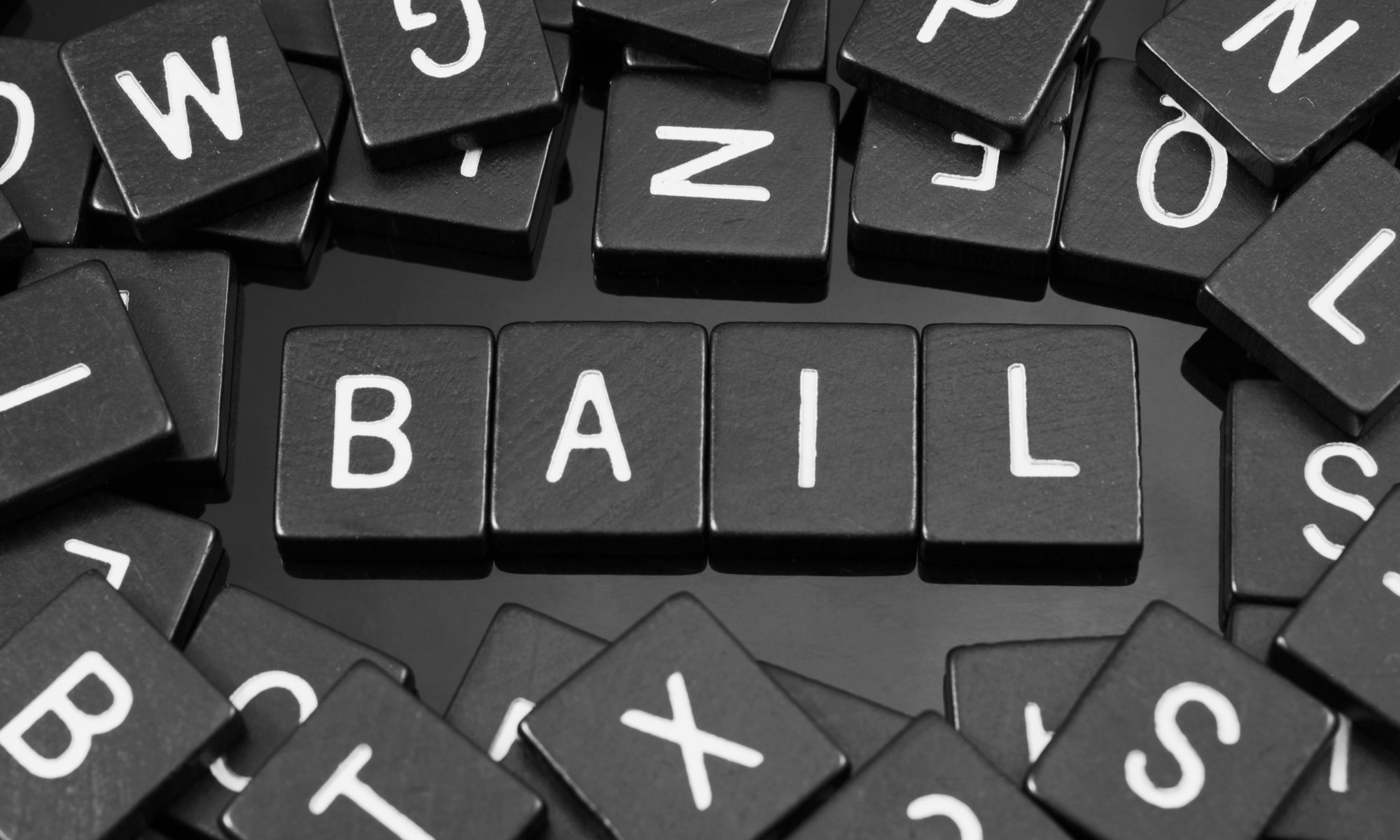Life sometimes leads us into bad situations and everyday people in America find themselves in a place where they probably don’t want to be. This happens and it very often happens that you might need to get someone you love out of jail. If you happen to be someone’s one phone call, this means that the person trusts you and you might find yourself searching for answers as to what to do and how to best handle the situation.
What happens first?
The first thing that happens is your friend or loved one is arrested on whatever charge. If the person was arrested during the week, they might go in front of the judge within the next day or two. If they were booked on a Friday, they will likely have to wait until that Monday morning. Usually, bail is set within 48 hours.
In Texas, the person needs to wait until their bail bond hearing before they can be bailed out of jail. At this hearing, the judge will typically decide the amount of bail depending on the crime and past criminal record. Setting bail means that you are paying the amount in order to be released from custody and on the condition that you will come back and show up for your court date.
What Information You Need
You need to know where the person is being held. For example, are they being held by the city policy or the Sheriff’s Department? So when you get that phone call, make sure you get the information. Regardless of the crime, the person will have to undergo the booking process before you can post bail. This process involves fingerprints, photographs, and so on.
Once you know the amount of bail, you may need to call a bail bondsman to help you come up with the funds on the spot. Freedom Bail Bonds is here to help you get your loved one out of jail with no tricks.
The bail bondsman can actually appear at your arraignment if you let them know ahead of time. This can speed up the whole process of releasing the person out of jail. Usually, in felony cases, misdemeanors that involve injury, the set bond will be a little higher and can, therefore, mean you will need to call a trusted bondsman right away.
In order to post the bail, you can pay with various forms of payment, depending on the holding facility. You’ll usually need the name of the accused in order to post it, though some courts may require some case or additional information. Once the bail bond is issued, the defendant can be released from jail. The condition is, however, that the person must show up for all the court hearings and meet the conditions set by the court.
Get Fast and Reliable Service
Freedom Bail Bonds is here to help you in your time of need. When life throws surprises at us, we have to be ready to respond quickly and do the best we can to move forward. If you have a loved one in jail and need to help them get out, give us a call today.




